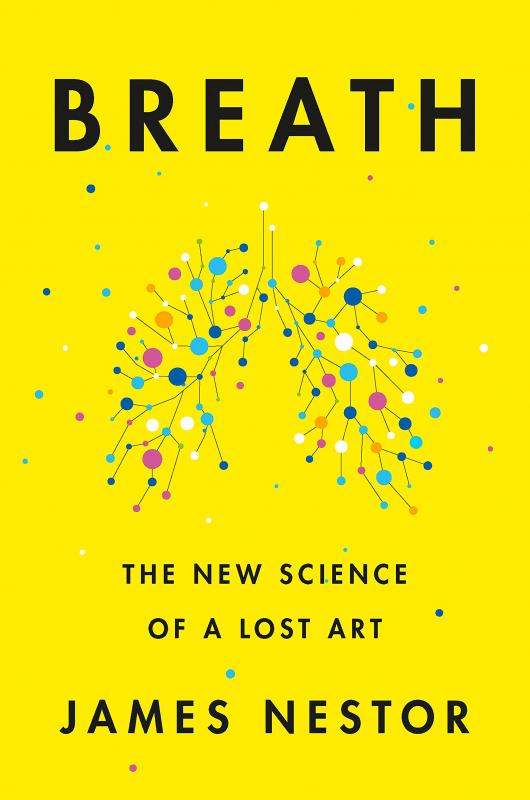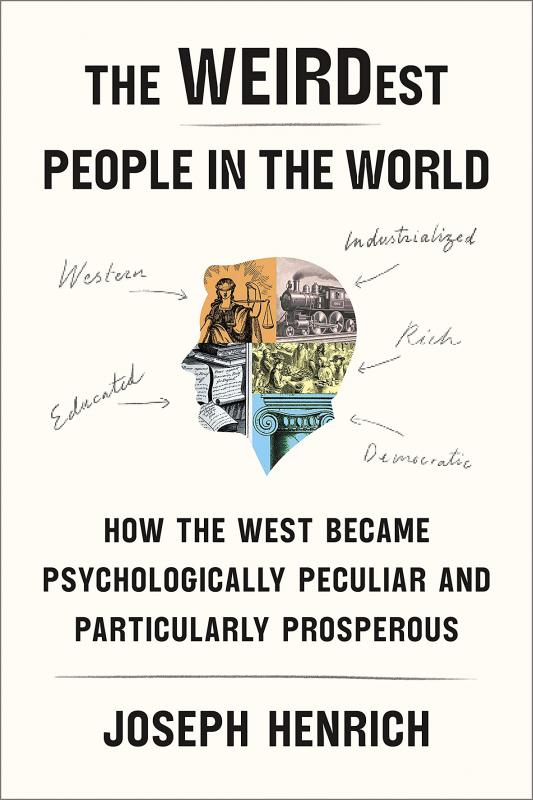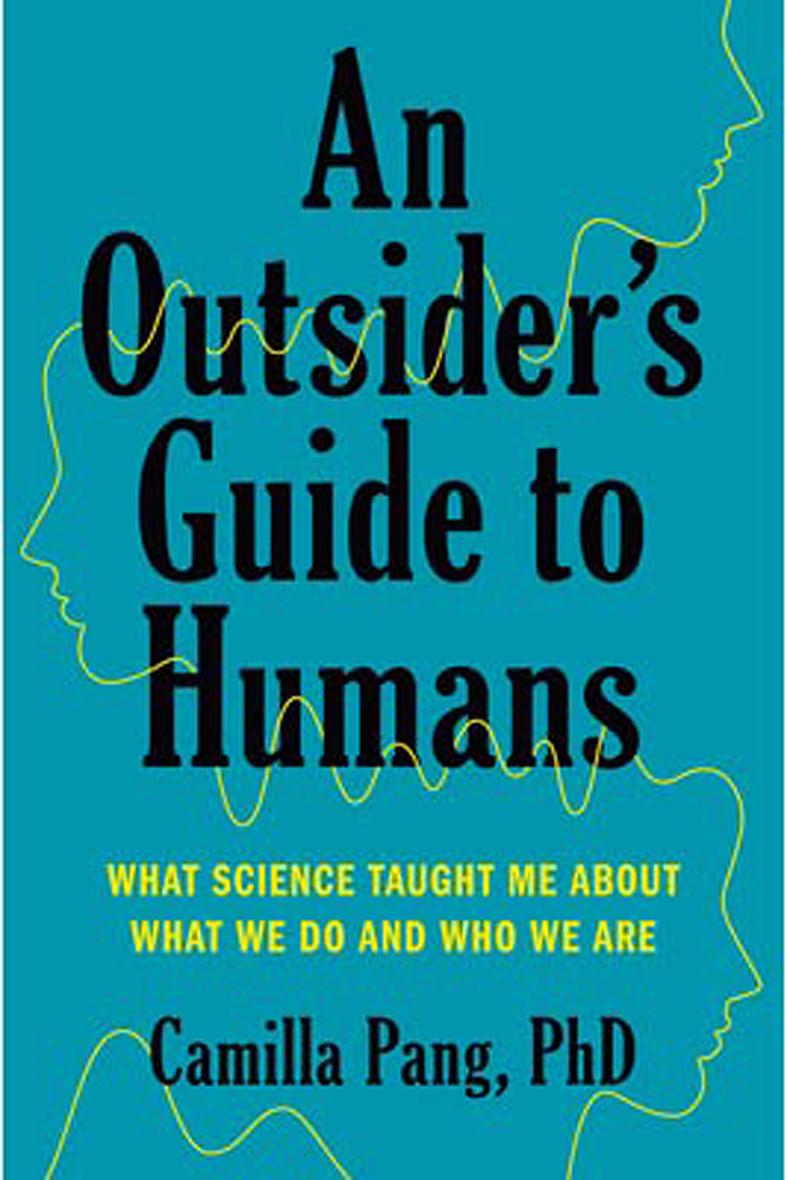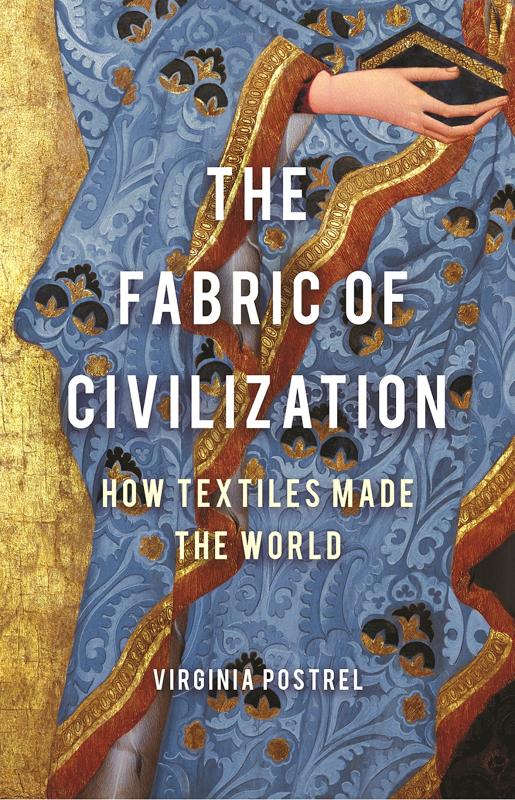In the tough times of 2020, I’ve found myself drawn to nonfiction that made me look at the familiar in a different way. I’ve collected my favorite 10 books of the year here. The first 9 are in random order, followed by my pick for the best nonfiction book of the year.
Why We Swim
Bonnie Tsui

So many of us are drawn to the water, for recreation, for beautiful vistas, for food. And then there’s those who go to swim. In elegant prose, Tsui explores her own love of plunging into the water, and combines history, psychology, and interviews to explain the same emotion in others. Also, why humans are like salmon.
Kindred: Neanderthal Life, Love, Death and Art
Rebecca Sykes

Sykes argues that we’ve spent too much time studying the way Neanderthals interacted with Homo Sapiens and too little studying the way Neanderthals interacted with each other. So she tells us how they lived, treating them not as one of evolution’s failures but as our close behavioral cousins. “The fate of the Neanderthals has monopolized enormous amounts of attention,” she writes, “yet it may be the least interesting thing about them.”
Breath: The New Science of a Lost Art
James Nestor

Who knew that nearly all of us breathe wrong, to the detriment of our health? Or that the culprit might be “dysevolution” caused by the development of speech? A bit overconfident in places, but a fascinating view of a function we take for granted.
If Then: How the Simulmatics Corporation Invented the Future
Jill Lepore

Although I’ve read countless histories of the sixties, I’d never heard of Simulmatics, an early effort to harness computer-drive analytics to predict the behavior of voters and consumers. The company didn’t do the work all that well, but it made a lot of influential friends, and anticipated the world we inhabit.
Driving While Black: African American Travel and the Road to Civil Rights
Gretchen Sorin
I’d never given much thought to how the ability of Black families to afford cars and go places influenced the course of history. Sorin weaves together gruesome tales of Black accident victims, the way Black affluence led corporations to try to profit from integration, and much more. An overlooked tour de force.
The WEIRDest People in the World: How the West Became Psychologically Peculiar and Particularly Prosperous
Joseph Henrich
The rare case of a volume that deserves all its many accolades. The title says it all. One can quibble over details (for example, some of what he says about the Western church), but overall, it’s a remarkable tome that makes a powerful case.
An Outsider’s Guide to Humans: What Science Taught Me About What We Do and Who We Are
Camilla Pang
“I’ve often despaired at my ignorance toward my own species,” writes Pang, who was diagnosed at age eight with autism spectrum disorder. Whether or not you agree with Pang that humans are basically code, her sharp-eyed observations about behavior, emotion and relationships should help us understand ourselves a little better.
Free to Move: Foot Voting, Migration, and Political Freedom
Ilya Somin
Suppose the right to exit is more important than the right to vote? Whether switching jobs, moving to different states or crossing international borders, Somin argues, the ability to change our lives by changing our surroundings is a vital and personal freedom too often taken for granted.
The Price of Peace: Money, Democracy, and the Life of John Maynard Keynes
Zachary Carter
The author has come under fire for downplaying his subject’s attraction to the eugenics movement, but that aside, this biography not only of Keynes but of Keynsianism is consistently fascinating, and manages to deploy the jargon of the profession in ways that always illuminate rather than confuse. Highly relevant to the moment.
And my pick as best nonfiction book of the year:
The Fabric of Civilization: How Textiles Made the World
Virginia Postrel
Postrel offers a bold retelling of history through an emphasis on cloth — cloth as decoration, cloth as currency, cloth as ritual and much more. One of the most extraordinary volumes I have read in years.
As always, happy reading.

The canonical shot of an East Asian city is a night skyline studded with towering apartment and office buildings, bright with neon and plastic signage, a landscape of energy and modernity. Another classic image is the same city seen from above, in which identical apartment towers march across the city, spilling out over nearby geography, like stylized soldiers colonizing new territory in a board game. Densely populated dynamic conurbations of money, technological innovation and convenience, it is hard to see the cities of East Asia as what they truly are: necropolises. Why is this? The East Asian development model, with

June 16 to June 22 The following flyer appeared on the streets of Hsinchu on June 12, 1895: “Taipei has already fallen to the Japanese barbarians, who have brought great misery to our land and people. We heard that the Japanese occupiers will tax our gardens, our houses, our bodies, and even our chickens, dogs, cows and pigs. They wear their hair wild, carve their teeth, tattoo their foreheads, wear strange clothes and speak a strange language. How can we be ruled by such people?” Posted by civilian militia leader Wu Tang-hsing (吳湯興), it was a call to arms to retake

Desperate dads meet in car parks to exchange packets; exhausted parents slip it into their kids’ drinks; families wait months for prescriptions buy it “off label.” But is it worth the risk? “The first time I gave him a gummy, I thought, ‘Oh my God, have I killed him?’ He just passed out in front of the TV. That never happens.” Jen remembers giving her son, David, six, melatonin to help him sleep. She got them from a friend, a pediatrician who gave them to her own child. “It was sort of hilarious. She had half a tub of gummies,

The wide-screen spectacle of Formula One gets a gleaming, rip-roaring workout in Joseph Kosinski’s F1, a fine-tuned machine of a movie that, in its most riveting racing scenes, approaches a kind of high-speed splendor. Kosinski, who last endeavored to put moviegoers in the seat of a fighter jet in Top Gun: Maverick, has moved to the open cockpits of Formula One with much the same affection, if not outright need, for speed. A lot of the same team is back. Jerry Bruckheimer produces. Ehren Kruger, a co-writer on Maverick, takes sole credit here. Hans Zimmer, a co-composer previously, supplies the thumping